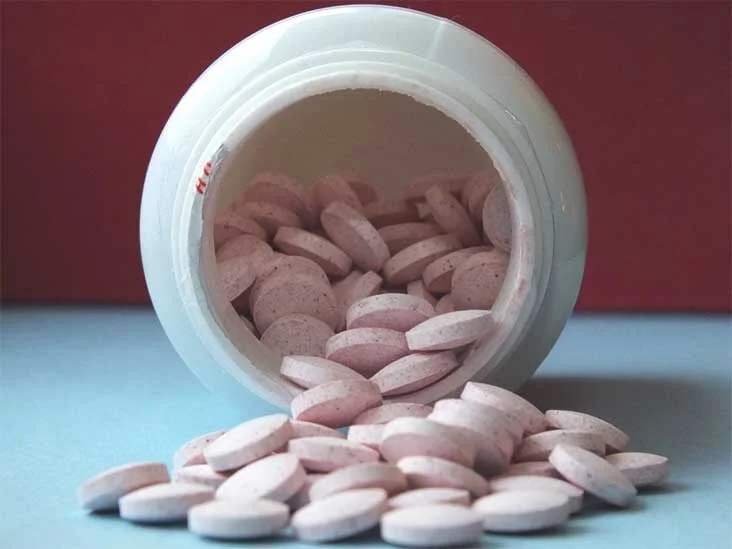Vitamin B12, also known as cobalamin, is an essential nutrient that is involved in many crucial processes in the body, including DNA synthesis, red blood cell formation, and proper nerve function. A lack of B12 can lead to a condition called vitamin B12 deficiency, which can result in a variety of symptoms.
Symptoms of Vitamin B12 Deficiency:
Fatigue and weakness
Pale skin
Shortness of breath
Heart palpitations
Numbness or tingling in the hands and feet
Memory loss and confusion
Depression and irritability
Sore tongue and mouth
Difficulty swallowing
Diarrhea or constipation
Treatment for Vitamin B12 Deficiency:
Vitamin B12 supplements: Vitamin B12 supplements come in different forms, including pills, injections, and nasal sprays. The type of supplement and the frequency of use will depend on the severity of the deficiency.
Diet changes: Incorporating foods rich in vitamin B12, such as poultry, fish, dairy, and eggs, into the diet can help prevent or treat a deficiency. Vegetarians and vegans may need to take vitamin B12 supplements, as plant-based diets typically do not provide adequate amounts of the vitamin.
Intramuscular injections: For severe deficiencies, vitamin B12 injections may be recommended. This method delivers a high dose of the vitamin directly into the muscle, bypassing the need for absorption through the gut.
Gastrointestinal surgery: If the cause of the deficiency is related to surgery or digestive problems, further medical intervention may be required.
Conclusion
Vitamin B12 deficiency can cause a range of symptoms that can be treated with vitamin B12 supplements, diet changes, or medical intervention in severe cases. It is important to see a healthcare provider for proper diagnosis and treatment.

 Home
Home Health
Health Diet & Nutrition
Diet & Nutrition Living Well
Living Well More
More












